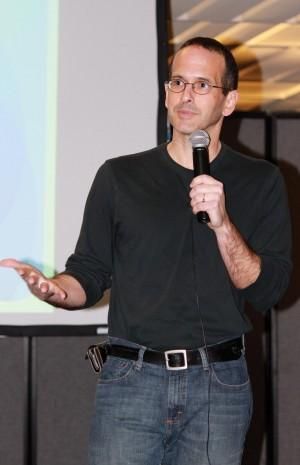No headline provided

February 17, 2012
Dr. Ray Barfield, a pediatric oncologist from Duke University,examined how religious views help shape the way American societyviews and prepares for death in his lecture medical ethics Mondayin the Lavin-Bernick Center.
Barfield said that religion helps people cope with death, whilepopular society helps us avoid the subject altogether. The media’sdiscussion of “death panels” highlighted this conflict of interest.Barfield said that at first, these “death panels” started out asdoctors having the ability to talk to patients about the optionsthey had available and whether continuing treatment was worthwhile,taking into account the drop in quality of life that wouldaccompany continuing treatment.
Barfield said the media, however, demonized the idea and morphedit into the concept that doctors would decide whether a patientwould live or die.
Barfield said people need time to plan for death in the longterm rather than considering it when a patient comes close toconfronting it.
“The less you can do about the length of your life, the more youcan do about its depth,” Barfield said.
Freshman Adam Braverman said Barfield raised a good point.
“I think that it is an issue which we have been avoiding butdefinitely need to deal with,” Braverman said.
The ultimate role of religion with regard to death was a maintopic of discussion, with religion serving as a way to help fillthe void in awareness about death.
Freshman Eric Roessler said the harmony between religion andmedicine was an intriguing concept.
“Religion, for many people, can be a tremendous source ofcomfort in troubling times,” Roessler said.









Leave a Comment